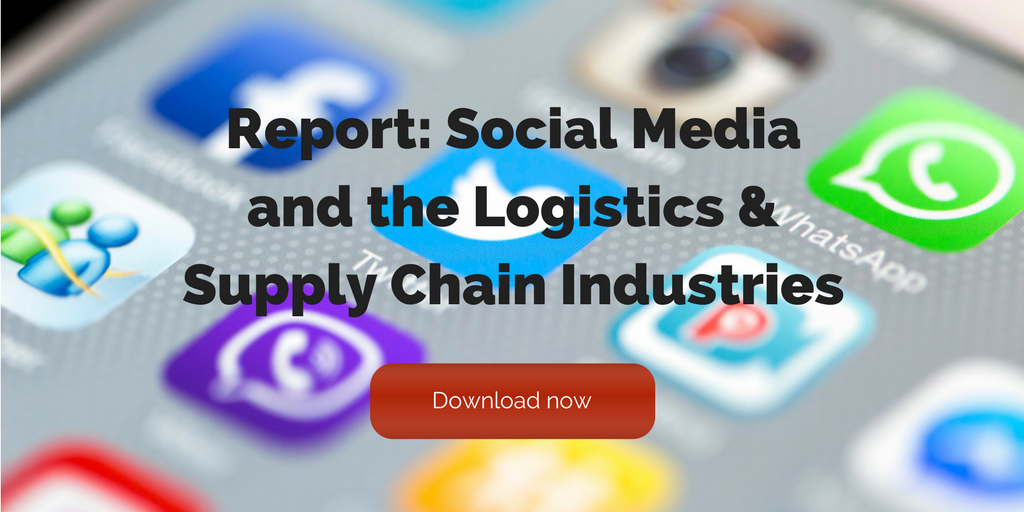
5 Tips for Achieving the Most Out of Your Supply Chain Analytics
In a recent study, MIT found that companies that focus on 5 key initiatives to improve their supply chain analytics can have a big impact on their bottom line.
Some supply chain companies are leaning on the power of analytics to help streamline their processes and get ahead of their competitors. But many companies have struggled to embrace the relationship between using analytics and implementing changes that can improve business performance.
The study, published by the MIT Sloan Management Review, asked 353 participants to discuss their understanding of their companies’ analytics systems. The results showed that though most companies have an analytics system in place, very few are using the results to implement necessary changes.
Obstacles to fully utilizing analytics included inaccurate data, cost, and lack of timely data. But the benefits far outweigh the challenges. Hanesbrand Inc., for example, used predictive analytics to make changes in their inventory processes and have since seen an increase in their production and purchase orders.
So how can your company start to incorporate supply chain analytics into your company culture?
Here are 5 tips to help kick-start your analytics implementation:
1. Supply chain analytics initiatives need a top-down mandate
In order to achieve analytical success that has an influence over organizational process, it’s imperative that upper-level management use the analytical systems. Executives need to promote and utilize the systems. Buy-in from managers and team members will be seamless when it’s coming from the top. David Dittmann, director of business intelligence and analytics services at Procter & Gamble Co., stresses that “it is impossible to win over thousands of people one small analytics victory at a time. Analytics must be a top-down mandate to succeed from an organizational perspective.”
2. The simpler the model, the more likely the use
If you want your company to embrace an analytics system, it’s important that the model is simple and easy to grasp. If employees don’t understand how to use the analytics or apply the results, they won’t take the time to implement the system. The more complex a system is, the greater the potential for team members to dismiss it. The Cleo Integration Suite (CIS), for example, promotes itself as an easy-to-use platform that can integrate seamlessly into your pre-existing software. CIS understands that supply chain companies need systems that are elementary to incorporate to achieve results.
3. Business knowledge is essential
Executives in the survey noted that an in-depth understanding of business processes and their effect on the bottom line is critical to supply chain analytics success. To develop the most effective model, companies need to have insight into all of the processes that make their company successful and be able to incorporate the results into these processes. Without this foundational information, the analytics are just “fun facts.”
4. Trust in the numbers
Time is a key factor in successful analytics implementation. In order to achieve timely results, organizations have to trust in the numbers the analytics provides them. “Trust can be built through a closed-loop change management effort that is centered on performance metrics that accurately reflect the current state of the supply chain system.” writes Melissa R. Bowers, Adam G. Petrie, and Mary C. Holcomb. Once these metrics are in place, it is easy to gauge the results against past processes.
Coca-Cola Global implemented a check-and-balances system to cultivate trust in their analytics. Anytime an employee chose to override the analytics system, it gave them feedback to see if their manual adjustments resulted in an improvement or a setback, creating trust in the employees and their dependence on the data.
5. Implement mechanisms to help develop analytics professionals gain business knowledge
Many supply chain companies are hiring analytics professionals to help implement these systems into their organizations. Though experts in their field, it’s important for these trained analytics professionals to learn about all aspects of your business. This business knowledge creates an open relationship between the business and the analytics, creating more opportunities for the numbers to aid in the processes.
Out are the days of order tracking and point of sales data, and in are the days of big data and analytics. Supply chain companies are quickly realizing the need to understand and implement these analytics systems into their day-to-day processes. Creating efficiency and savings using these systems is easier than you think.
Related posts:
- How Big Companies Use Big Data
- The Case Against Big Data for Some Supply Chain Companies
- Big Data and Supply Chain Management



